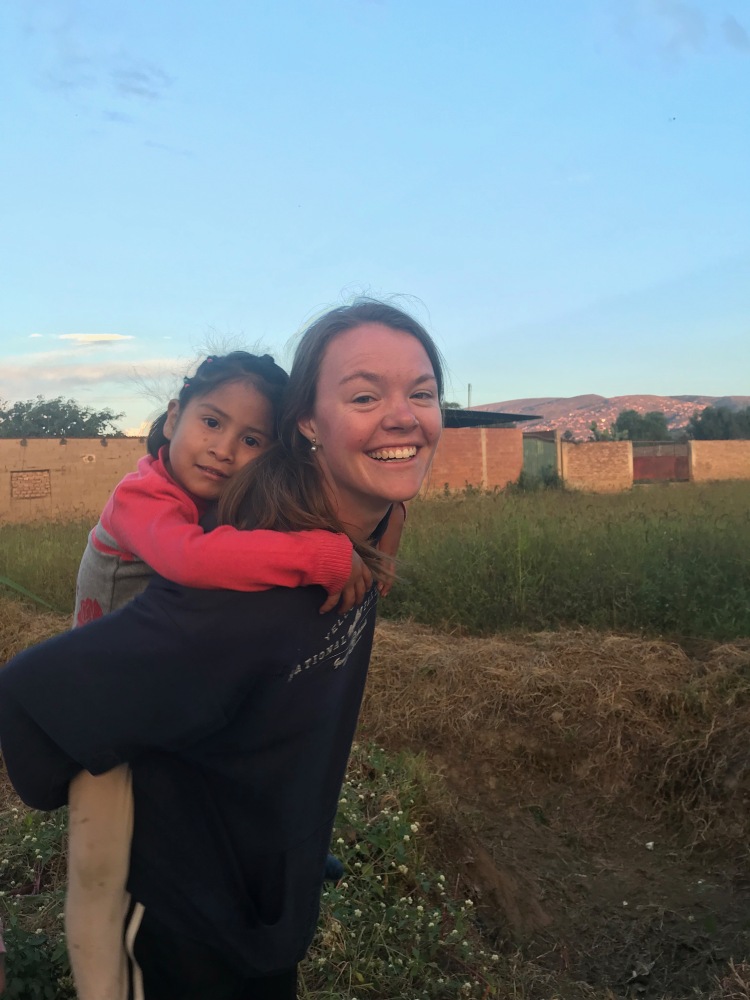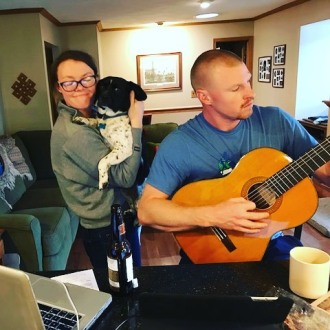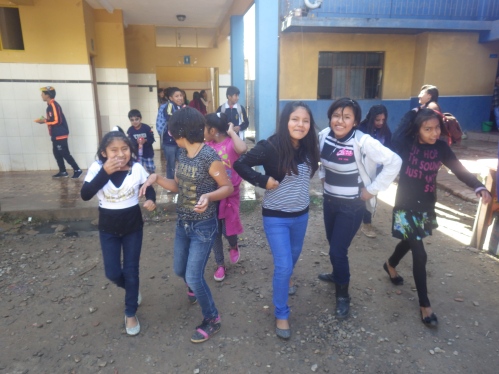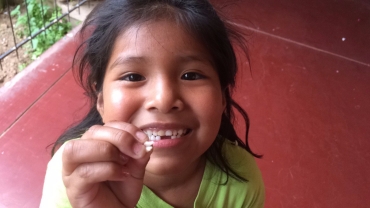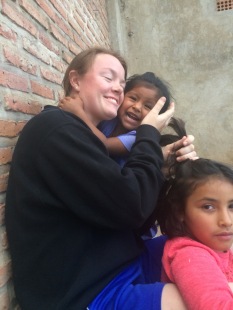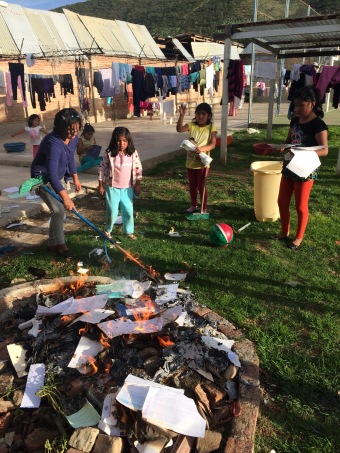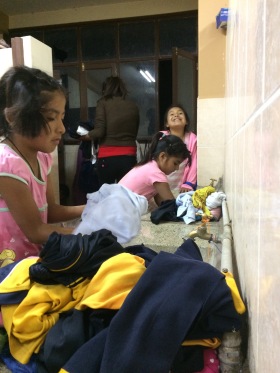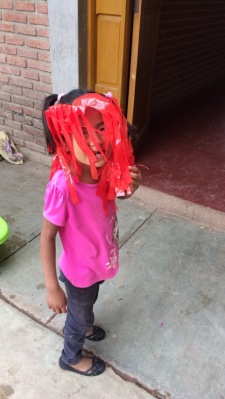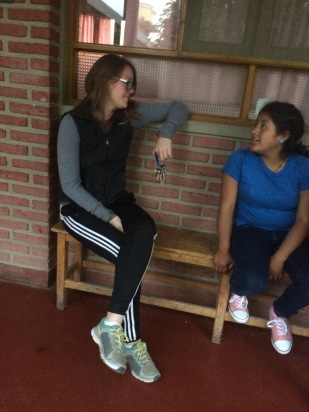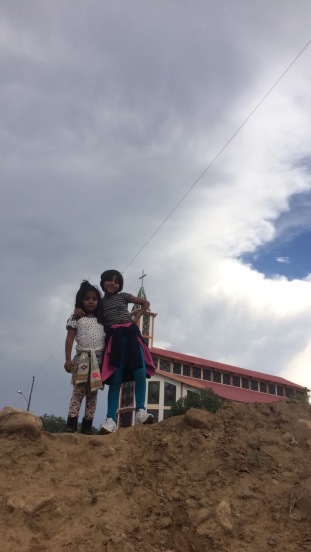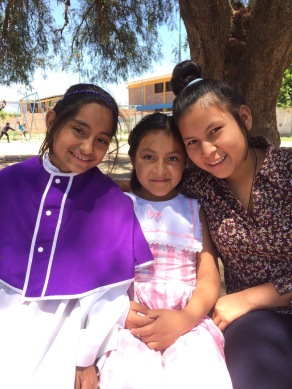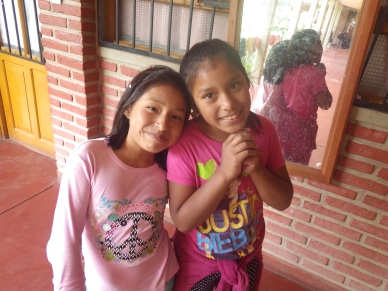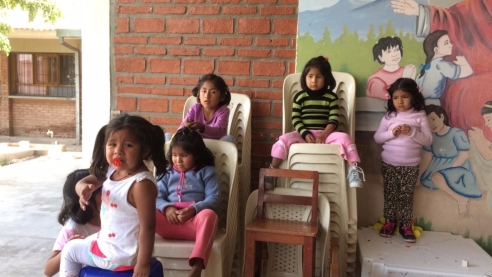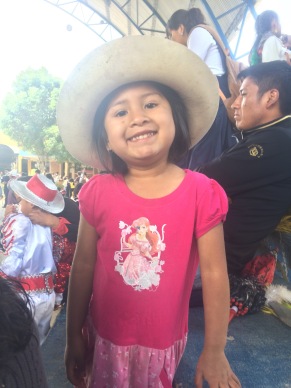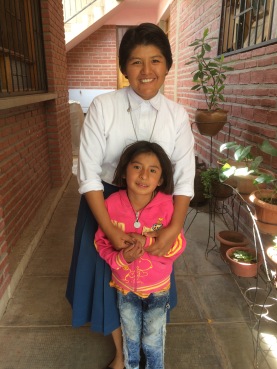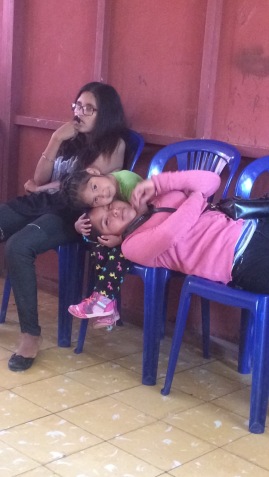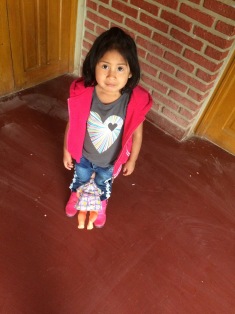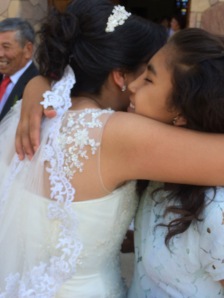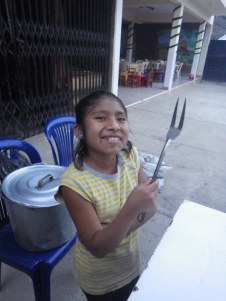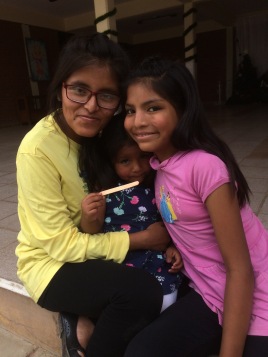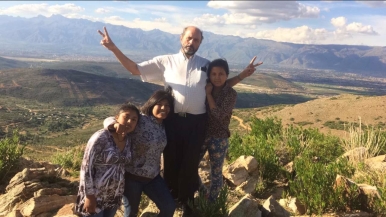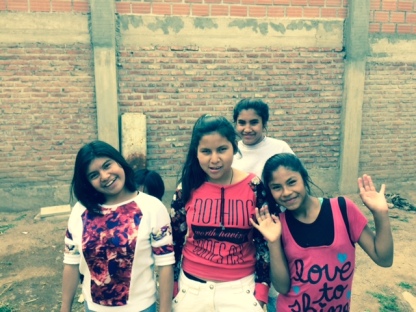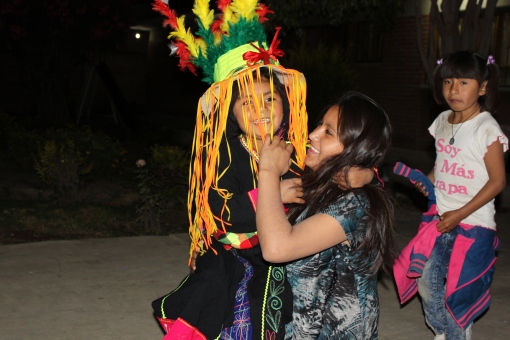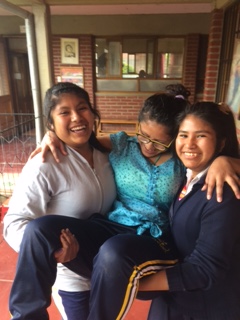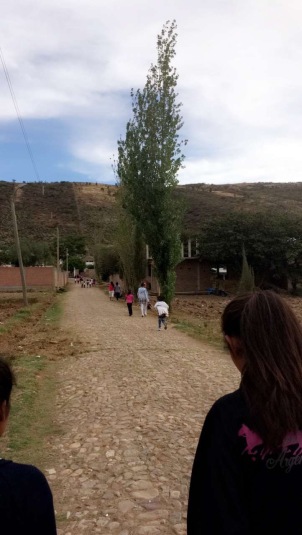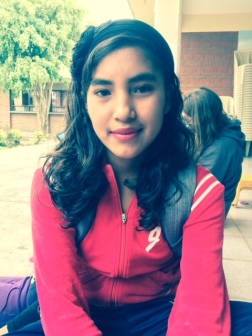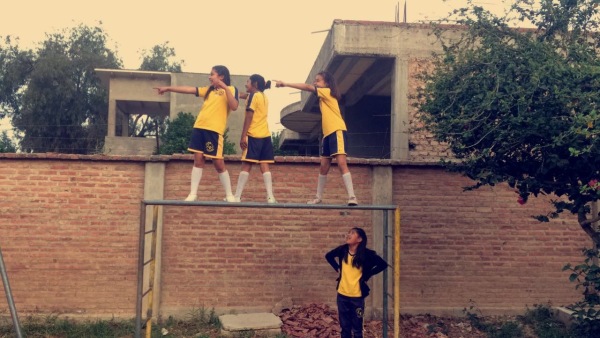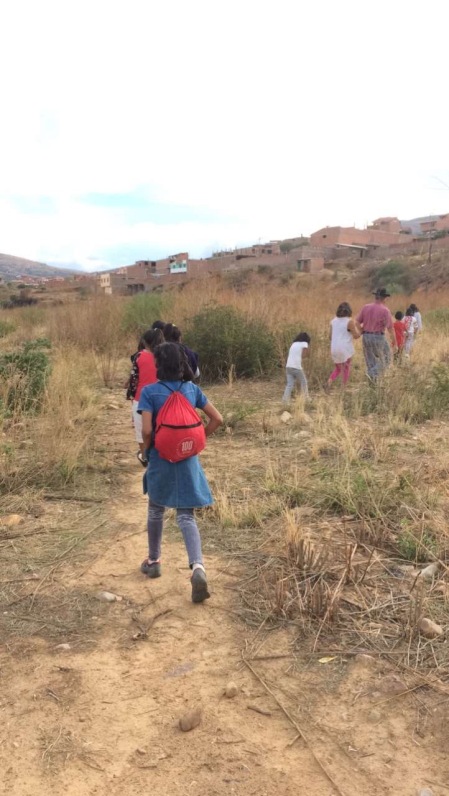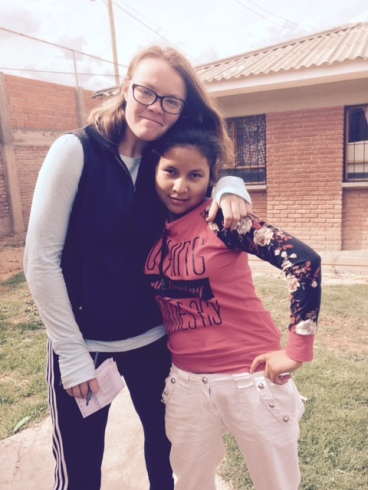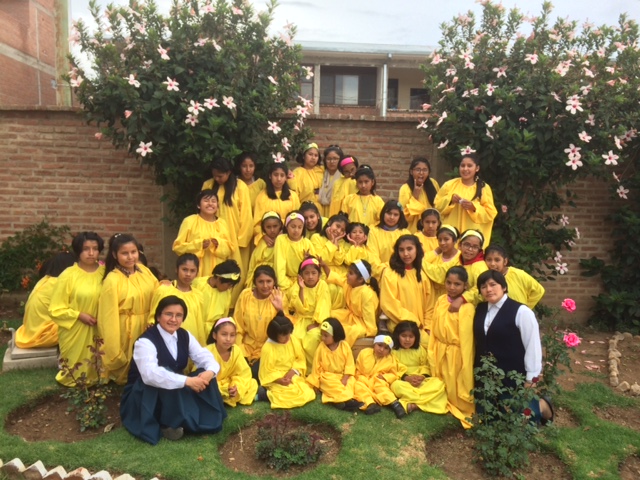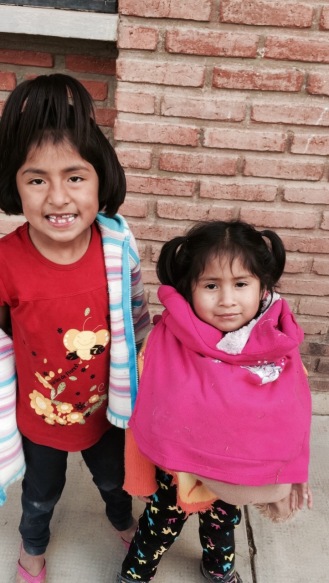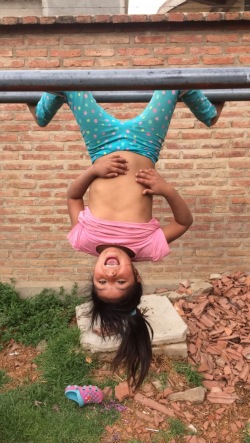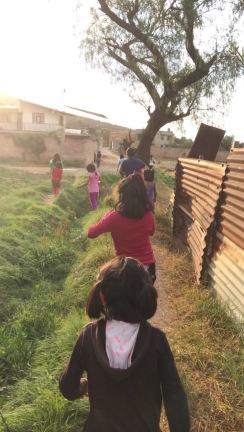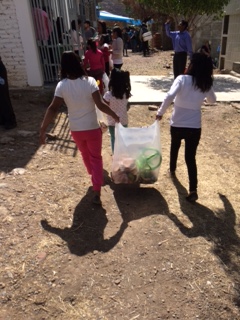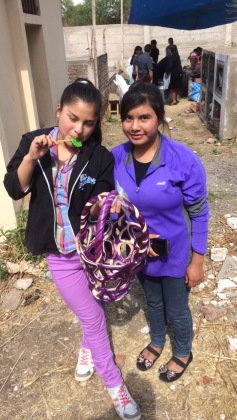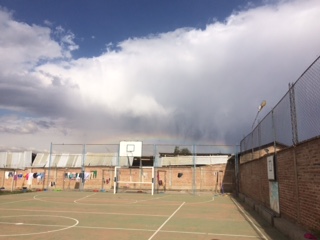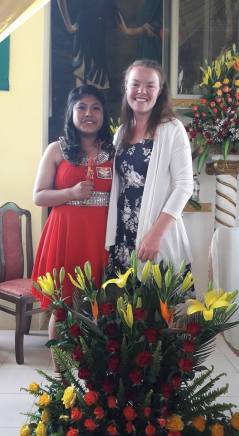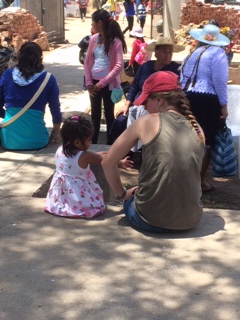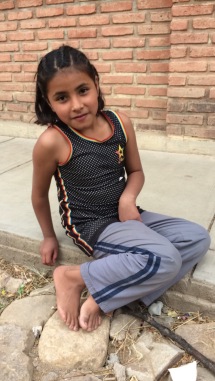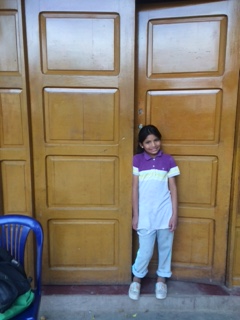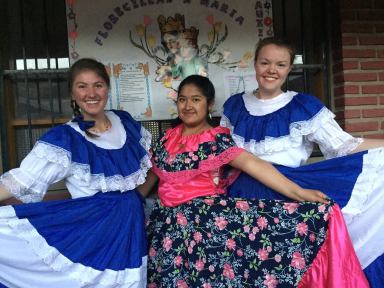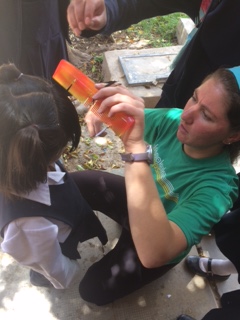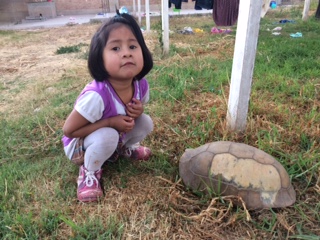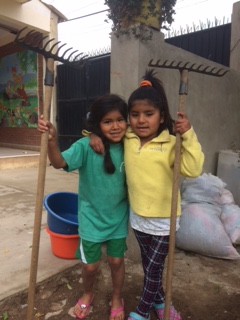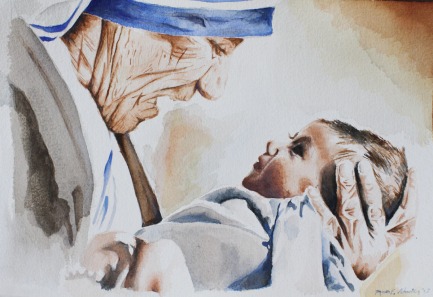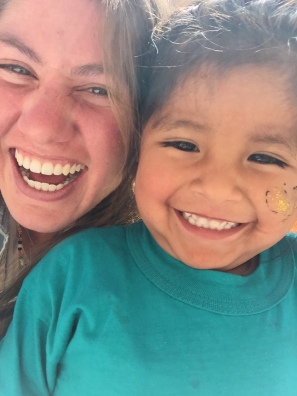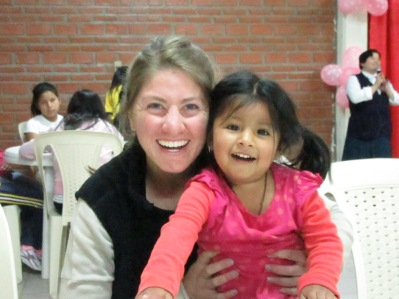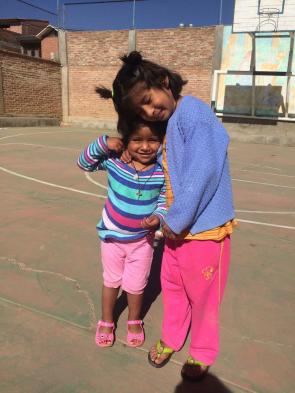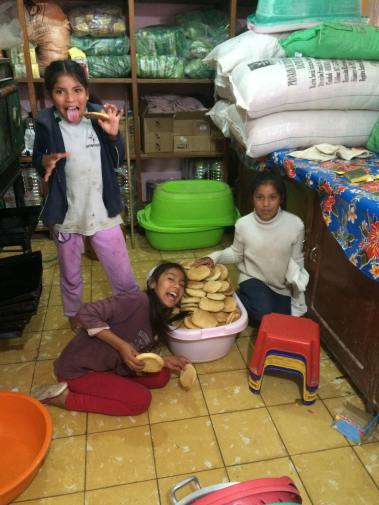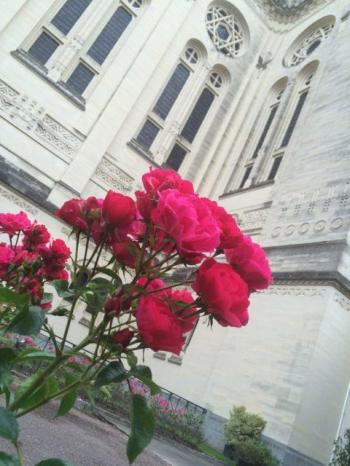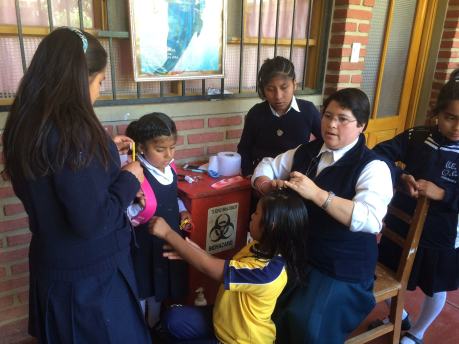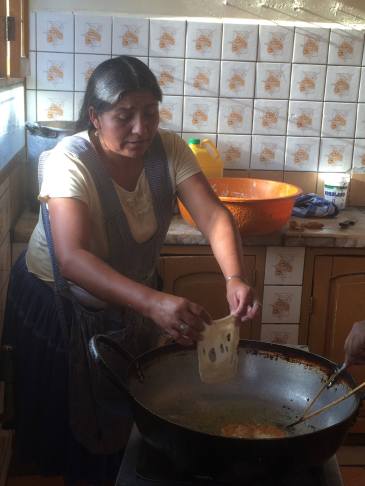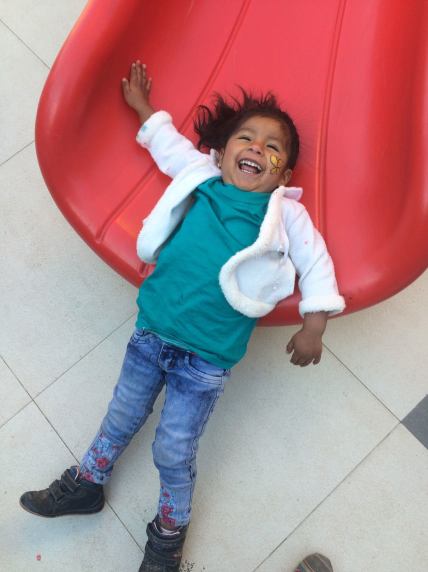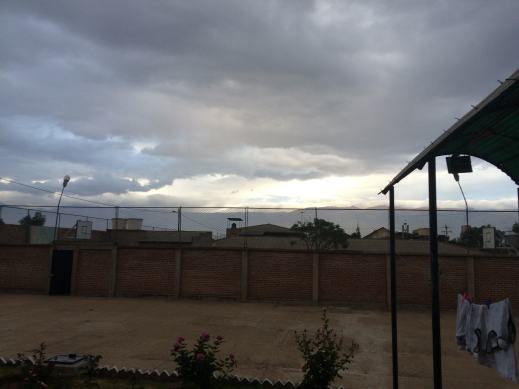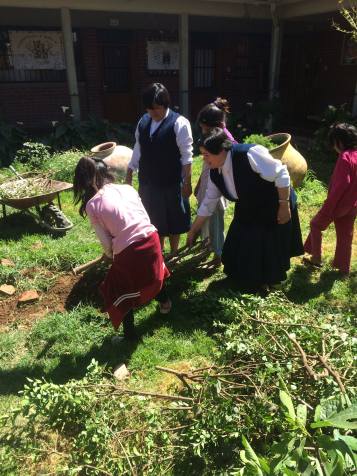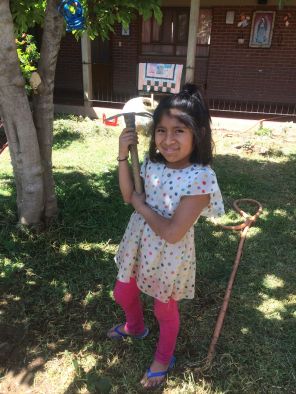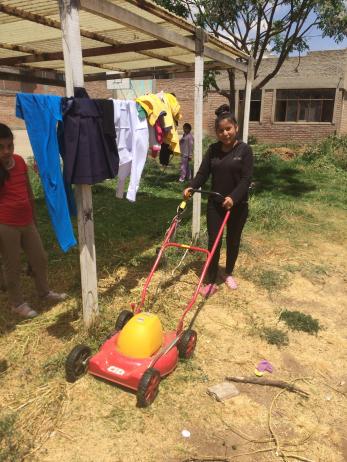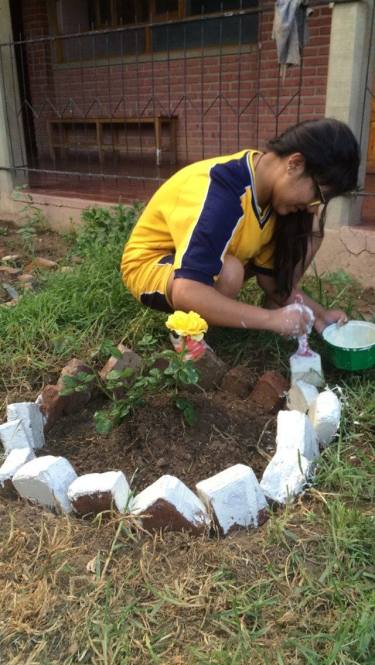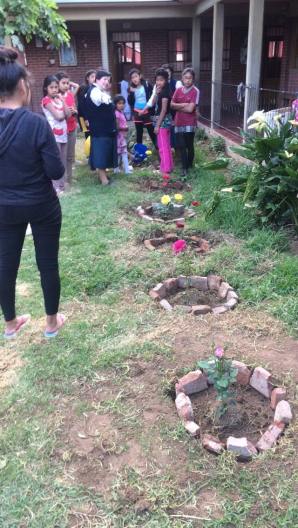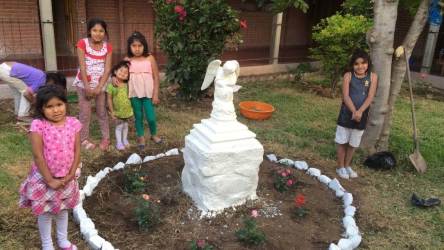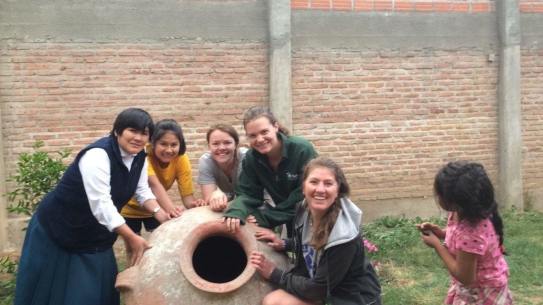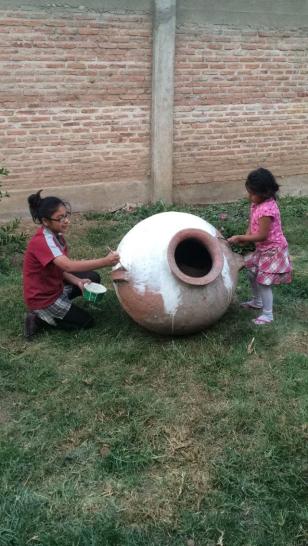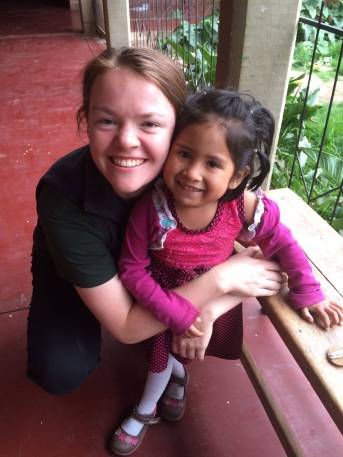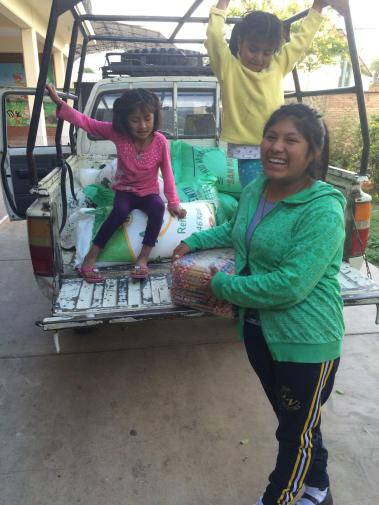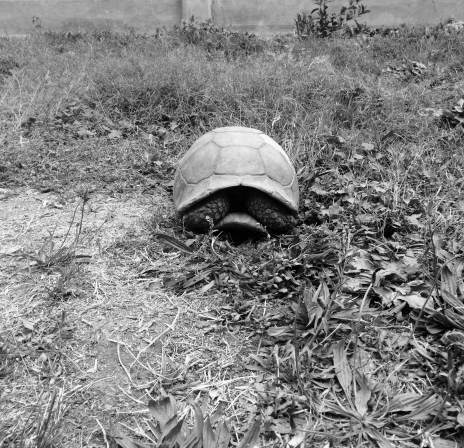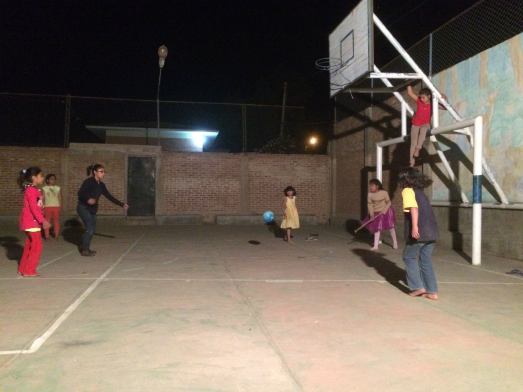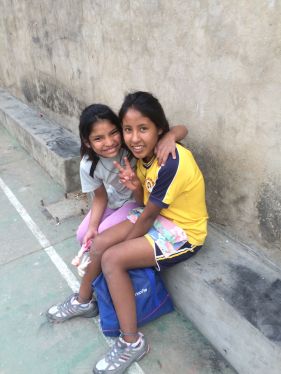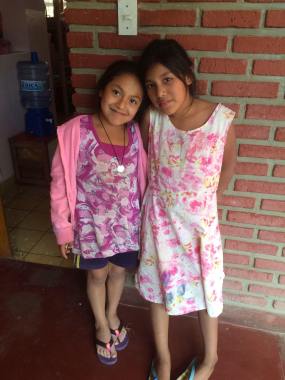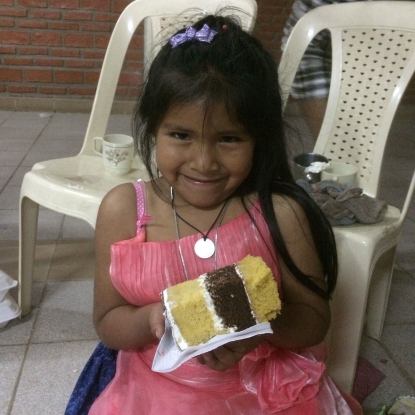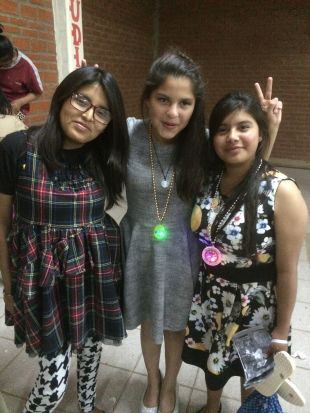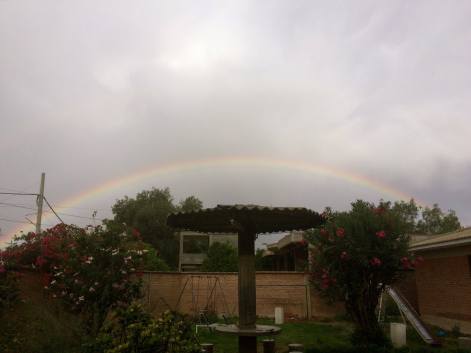I was home in Rockford, IL when the watershed of sexual scandals broke. In the rare position to actually pass multiple hours scouring the internet for news and commentary, I found myself borderline-obsessed with the sad spectacle, if I can call it that. My poor parents, who probably would have preferred more uplifting dinner conversation, were treated to rundowns of the latest accused, and analysis by yours truly.
You all (my parents included, sorry) have been bombarded with news coverage, and commentary, and outrage, and #MeToo. Perhaps like me, next to the disgust and sadness, there is a sense of relief, even satisfaction, in seeing what we felt lurking right below the surface finally confirmed as hundreds then accumulated thousands of victims make claims of sexual assault and harassment against figures often lauded, admired by the public.
In my time stateside during a visit with one of my high school teachers, I expressed my struggle in finding what to write, or, I suspected, my struggle with giving voice to the experiences that provoked a strong movement within me. The wise woman that she is, this former teacher told me (in so many words) that we have a responsibility to write about the truths that we live. I’ll take her advice.
I know that my reaction to the great unraveling of sexual scandal is not what it would have been a year ago. Yes, people whom I love, family and friends, have been profoundly affected by sexual abuse. But this past year is the first time I lived and passed my every day with young women overwhelmingly affected by sexual abuse, or by home environments and interactions which exposed them to sexual experiences not appropriate for any young person. Please know, I am not by any means trying to manipulate, minimize, or selfishly use their suffering a la “What happened to them is so terrible, but look how it has helped me appreciate the depths of damage it causes.” Sexual misconduct, toward children in particular, is undoubtedly one of the gravest and sickening phenomena that individuals continue to perpetrate. The truth, though, is that seeing the effects first hand has shifted forever the way I regard the evil that this is.
I am no expert on the effects of sexual abuse, or exposure to explicit sexual content, or even on the navigation of natural sexual curiosity without guidance and education from a loving parental figure. But I can tell you this, from living with these girls:
Sex is powerful. Please, let’s stop kidding ourselves. You can’t have it both ways, a mere contractual physical exchange between two people and a deeply personal and intimate expression, which, when violated, provokes the kind of outrage (as it should) that occupies the public’s attention for months on end.
Sex is powerful. We have girls who as young children brought to the Hogar engaged in what could be described as normal play, attempting to make sense of confusing interactions and images they had seen, re-engaging in behaviors of a sexual nature that had garnered them attention and praise in their home environments (often unstable home environments where male figures were transient). These same girls, ten years plus down the road, continue to struggle with these early experiences of a sexual nature. I’ve had countless conversations with our psychologist where she notes that the normal difficulties of navigating puberty and sexual curiosity are heightened for these girls. These are the girls that we are particularly cognizant of when we decide where to place their beds, whether to put them in charge of helping a younger girl with getting ready for day, where they are during the quiet hours of the day to make sure are not alone in a room with another girl. There is no blaming, no shaming, no judgment, nothing but an extra dose of caution on our part as we try to help them. I look at them, beautiful and capable and whip-smart young women, who carry with them the impacts of early encounters which have written themselves into their bodies and minds.
Any one of us can be a part of the problem. Anyone ever taught you that you’ve got a Nazi within you? I’m under the impression from my family and friends working in the education system that you’d probably be fired if you proposed that to a class of 6th graders. But frankly, it’s one of the most useful things you could teach. We’ve all got monsters within us, and if we don’t become familiar with them, given the right circumstances, the monster is the part of us that takes over.
Almost without exception, the girls that I live with are victims of choices made by individuals. Abandonment, violence, abuse. That’s why they live in the Hogar. There is only one girl who is an orphan by death of both parents. I will not discount that many of their parents or abusers were themselves victims in one way or another–brought up in unstable homes, themselves victims of abuse, addicts or alcoholics at a young age, you name it. Following in the example of the girls, I’ve got no interest in continually begrudging what was done or fostering bitterness toward these adults. But that doesn’t mean these girls can erase what came to pass in their lives, and it certainly doesn’t mean that it won’t happen again if not faced on an individual level.
I look at these girls, for whom I feel a sort of protectiveness that is the closest to “maternal instinct” I’ll experience until I birth my own children. My responsibility to them is to love them, educate them, form them, so that they become individuals who will not make the same choices that the people responsible for them made. And though it is perhaps a bit rich of me seeing as I’m a young, relatively green member of the adult world, I would implore any parent, any adult, to take that responsibility seriously. Get to know and own up to your own monsters. Take responsibility for them, for the fact that your porn habit happens to fuel child sex trafficking, or that your “recreational” alcoholism will certainly not lend itself to stable parenting. Stop kidding yourself, letting yourself off the hook. Straighten yourself out for the sake of the young people who will follow in your footsteps, for good or ill. Humility, allowing ourselves to see the truth of who we are, is a tough pill to swallow, but it’s freest cure around. Free because it is neither coerced nor mandated. Free because it requires no check to the government, to a third party, who’ll solve the problem for you and therefore absolve you of personal responsibility in one fell swoop. Free, but not easy.
(For those of who who know me well, I hope this goes without saying, but for those who don’t : What I’ve written above is not flippant, nor an attempt to minimize the difficulty of managing and working through the scars, coping mechanism, habits that all of us accumulate in the process of living. But I firmly believe that the greatest evils we see on a societal level are most sustainably and effectively addressed on an individual level. I observe an underestimation of the effect that our daily, personal decisions have on our fellow humans, and especially on young people. I firmly believe in the prudent limitation of legal intervention in personal decision-making. I have no interest in finger-wagging moralism. My scruples with personal decisions lie in that, to begin with 1) personal decisions carry a heavy weight which cannot be balanced by said finger-wagging moralism, manifested as anything from social-justice-warriorism to religious fundamentalism-pietism and 2) personal decisions carry a heavy weight in who we are to others. We are all victims of life, and on the whole we seem to arrive at the conclusion that we’d prefer to live out our life sentence in hopes that joy and fulfillment will give meaning even to the suffering implicit. Indeed, we’ve all got our fair share of baggage we’re carrying along. Refusing to deal with it is not just our business though.)
We are all part of the solution. I don’t know how many times I’ve been through “Protecting God’s Children” program (training for identification/prevention of child abuse). I vividly remember sitting in an auditorium in high school as we went through the steps to prevent sexual abuse–never be alone with a child, always keep doors open and interact with them in public places and in large groups, etc. And to be honest, I was a bit defensive, thinking “Okay, this is all common sense, and I’m not the one who’s going to abuse children and the ones who are going to certainly aren’t going to listen to these instructions, so why ya telling me?” It wasn’t until my orientation with the Salesians more than a year ago, receiving Safe Spaces training from former SLM Amber Kraft that suddenly everything clicked into place. She laid out how the intent behind following these guidelines is to normalize for children what/when/where child-adult interactions look like, so that when a potential abuser attempts to engage in an abnormal interaction, warning bells will go off in a child’s head. These programs are meant to train adults how to train children what normal behavior looks like so that they can identify behaviors which are dangerous or abnormal.
We are all part of the solution. I live in a Salesian community, which essentially means that our religious congregation and as an extension, our staff, strives to live the charism of St. John Bosco, a 19th century saint who dedicated his life to serving the young. No child should ever be in a situation which leads to them being brought to an Hogar. And unfortunately, many Hogars carry reputations of being as equally unhealthy places to grow up in as many of the home environments from which children are removed. But in the absence of their own family, they are lucky to live in Hogar Maria Auxiliadora. Those aren’t my own words. Those are the girls’ words.
When we encounter situations of older girls interacting sexually inappropriately with younger girls, our girls are met with understanding, and forgiveness, and education, and a path forward.
We teach the girls, from the smallest to the oldest, the importance of their physical autonomy, their control over their own bodies, the beauty of the bodies which are their own.
We constantly reinforce the power of their own voices, their own say. There are forty girls, but each day I try to make sure I individually ask each of them a question just about them, and I listen to their answer. When they tell us about the small details of their days, or something clearly burdensome or important, we make sure they know we believe them, that what they say is important.
And yes, I take all those things that I learned in sexual abuse prevention training and put them into practice.
Whenever possible, I make sure I am not alone with a girl in a room. The girls know that I will never invite them into my own room or volunteer community room, and if they are, it will be in a group with a known purpose–to distribute clothes amongst them, to work on a group activity, etc. Hopefully, if one day someone tries to lure them alone into a private space without pretense or under false pretense, warning bells will go off in their heads.
On the rare occasions when I have to administer medicine to one of the girls (always one of the little ones) in a part of her body that is private or that I believe she could be uncomfortable with, I always talk with her beforehand, asking her permission, and then also asking if I can bring in an older sister or one of the older girls who takes care of her. On those occasions, I always talk with them about our private parts, which we touch when we’re showering to clean ourselves, or which one of the sisters or volunteers might help us clean, or that a doctor might need to touch if we are sick. The nuances multiply in my explanations–when we go to the doctor, another adult should be there with us. Just because it’s a adult in charge who’s helping us, if we feel uncomfortable we should always say something. We put on mock doctor’s visits to help accustom them to what is normal. Hopefully if one day someone tries to touch them inappropriately under the pretense of medical assistance, warning bells will go off in their heads.
When they are playing, we teach them to play in places that are visible and not hidden. We stress the importance with the older girls of not isolating the younger girls in one-on-one situations. Hopefully if one day an older person tries to isolate them, warning bells will go off in their heads.
Above all, we try to teach them to speak. If they see something that makes them uncomfortable, find an adult, and if not another adult, then an older girl and tell them. If someone is touching them or playing with them in a way that makes them uncomfortable, run away, find an adult, and if not another adult, then an older girl and tell them.
Sometimes the opportunities for conversations make themselves glaringly apparent. I try to seize them. To remind them that people who will attempt to hurt them will often seem very nice, they may be regarded as professional, the best at their job. They will be close family or friends. And always, Speak. Speak until someone believes you. Someone will believe you.
As heavy as it can all seem, on a day to day basis, the reality of the impact of the sexual abuses or experiences they have lived are not at the front of my mind. Indeed, it is a part of them just as every experience we live becomes a part of who we are. But they are people–children, yes–with their own voices with which to narrate their stories. In our home in Itocta, they write that story each day, in vibrant color (trust me, vibrant is an understatement). They become part of a family. They are given responsibilities. They aren’t let off the hook. They fight with each other, and make big messes and beautiful memories together. I’ll never know the complexity of the internal lives they lead, even when I catch glimpses of it, even when they invite me into it. They are determined, though, that the stories they write for themselves are their own. They are proud of them. They take them seriously, more seriously than many adults I’d venture to say.
Perhaps we’ll take a page from their book. To write our own stories knowing that those powerful experiences will always be a part of the narrative, but on our own terms. That our stories carry weight–every small, insignificant choice in the face of suffering making us into the kind of people who will be strong enough to keep at bay the monster within, or so weak as to let it take over without our knowing. To write stories filled with moments where we wrote another’s good along with them, teaching them their power over their own body, the power of their own voice.





















































